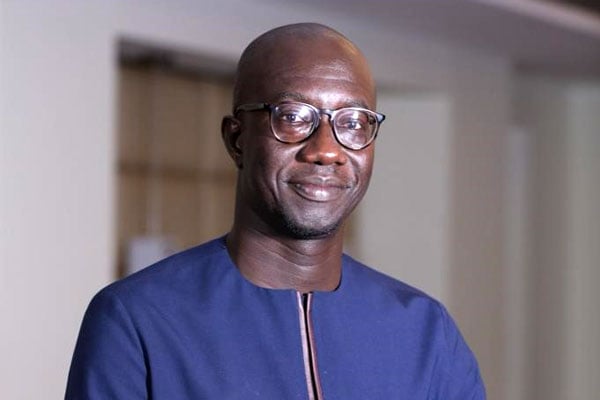
Howard Mwesigwa
Last Thursday, Matia Kasaija, the minister of Finance, Planning, and Economic Development, delivered the Budget Speech for the 2024/2025 Financial Year. The theme for the 2024/2025 Budget is “Full Monetisation of Uganda’s Economy through Commercial Agriculture, Industrialisation, Expanding and Broadening Services, Digital Transformation, and Market Access.”
In his Budget Speech, minister highlighted that our growth prospects face significant risks that need to be addressed, notably, climate change.
He emphasised that to mitigate these risks, the Government of Uganda is implementing climate change adaptation measures, seeking more affordable financing options such as climate finance, and practicing frugality in government spending. Notwithstanding the increase in the budget for the natural resources, environment, climate change, land, and water programme from Shs.417 billion in the 2023/2024 Budget to Shs.516.78 billion in the 2024/2025 Budget, Uganda’s climate finance gap remains glaringly substantial.
Moreover, Uganda is one of the Global South nations most susceptible to the brunt of climate change and climate-related disasters. In the past decade, Uganda has experienced more erratic rains leading to frequent busting of river banks, floods, mudslides and landslides that lead to loss of lives and property belonging to communities, especially those living in the mountainous areas. In the recent past, we have also witnessed prolonged dry spells leading to crop failures and the attendant food insecurity, and loss of livestock, especially in northern Uganda.
According to data and statistics from the World Bank Climate Change Knowledge Portal, from 1900 to 2018, Uganda encountered 20 incidents of floods, 40 recorded epidemics, nine drought spells, and five landslide occurrences. The situation has been exacerbated since the turn of the decade, and the accumulative damage caused by these climate-related disasters stands at over 200,000 deaths and at least $80 million in economic loss.
Incidentally, as manifest in Uganda’s updated Nationally Determined Contribution (NDC) 2022, the total cost of implementing adaptation, mitigation, coordination, monitoring, and reporting of Uganda’s climate change mitigation and adaptation aspirations and commitments is estimated at $28.1 billion. Uganda committed to mobilising domestic resources to cover the unconditional actions to the tune of $4.1 billion equivalent to 15 percent of the total cost of the updated NDC. Interestingly, Uganda’s GDP currently stands at an estimated Shs202 trillion ($53.3 billion) and since financing our NDC is estimated to cost $28.1 billion, this is more than half our GDP.
Accordingly, the Government of Uganda must painstakingly create and sustain a conducive investment eco-system to de-risk green investments and attract the much needed private sector participation and contribution in bridging this seemingly insurmountable climate finance gap.
In order to attract private sector climate finance, the Government of Uganda must craft and implement a combination of strategic legal, regulatory, policy and institutional frameworks and tangential investment incentives. These may encapsulate offering tax breaks and subsidies for renewable energy projects, establishing clear and stable regulatory frameworks to reduce investment risks, and creating public-private partnerships to leverage both financial and technical expertise.
Additionally, the government can improve access to climate finance information and facilities, and enhance the investment climate by strengthening legal protections for investors. By augmenting transparency, ensuring policy consistency and predictability, and scaling publicity of flourishing green projects, Uganda can accelerate private sector investment in climate initiatives.
Ultimately, it is imperative to underscore the decisive role that development cooperation plays in bridging the often shifty climate finance gap. We must therefore adopt accountability and transparency mechanisms like climate finance trackers to shield the green aid we receive, from the corruption boutade that our nation is now grappling with.
Howard Mwesigwa, Speaker – National Environment Parliament




